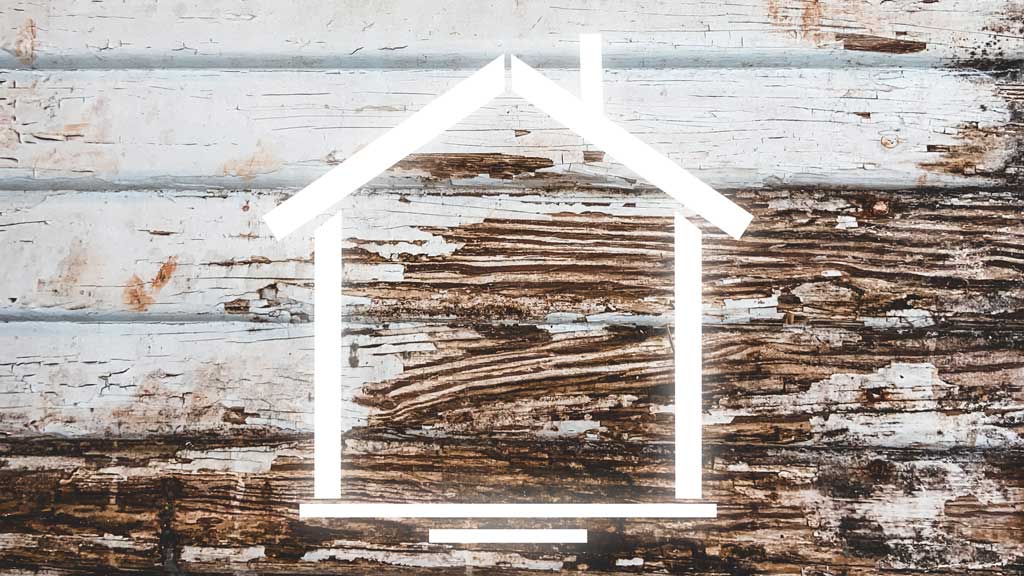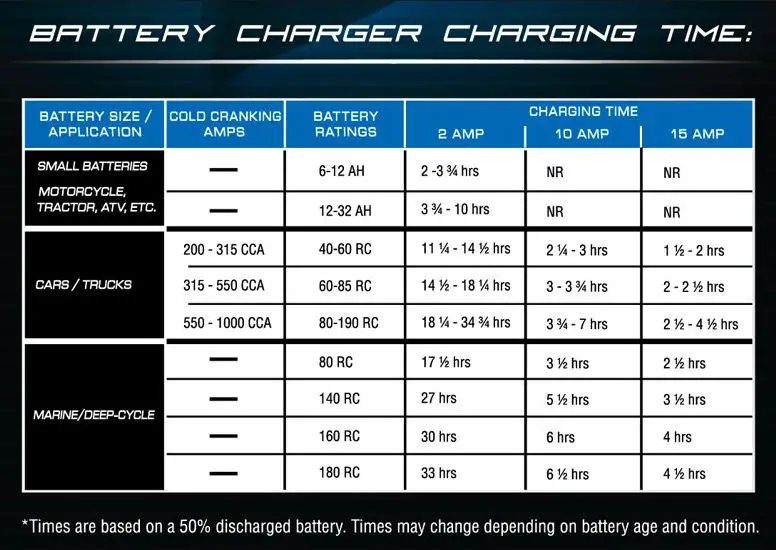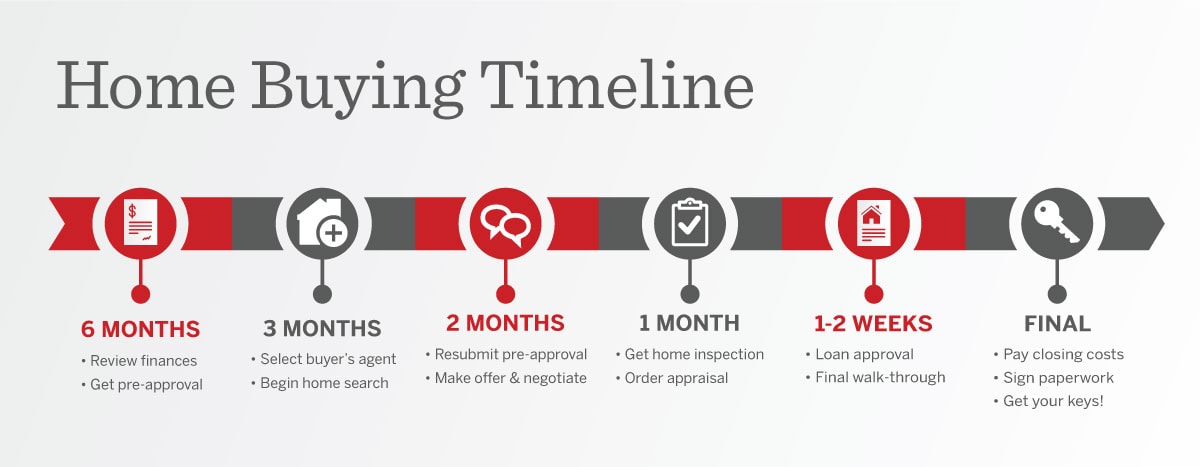How Long Does It Take to Reside a Home? Timeline & Tips

Embarking on the journey of How Long Does It Take to Reside a Home? Timeline & Tips, this introductory paragraph aims to grab the attention of readers and provide an enticing overview of the topic.
The subsequent paragraph will delve into the specifics and intricacies of the subject matter.
Understanding Residing a Home
Residing a home refers to the process of replacing or updating the exterior material of a house, such as siding, to improve its appearance, energy efficiency, and overall durability. This renovation project can significantly enhance the curb appeal and value of a property.People choose to reside their homes for various reasons, including modernizing the look of their property, increasing energy efficiency, and protecting the home from weather elements.
By updating the siding, homeowners can also prevent water damage, mold growth, and pest infestations, leading to a healthier living environment.
Benefits of Residing a Home versus Moving
- Cost-Effective: Residing a home is often more affordable than purchasing a new home, making it a cost-effective way to upgrade your living space without the stress of moving.
- Increased Property Value: Upgrading the siding can significantly increase the resale value of your home, providing a good return on investment.
- Customization: Residing allows homeowners to choose from a variety of materials, colors, and styles to create a personalized look that suits their taste and preferences.
- Energy Efficiency: New siding can improve the insulation of a home, reducing energy costs and creating a more comfortable indoor environment.
- Enhanced Curb Appeal: A fresh exterior can enhance the overall appearance of a home, making it more attractive to potential buyers or visitors.
Factors Affecting Residence Time

When it comes to residing a home, several factors can significantly impact the time it takes to complete the process. Understanding these factors is crucial for planning and managing expectations effectively.
Size of the Home
The size of the home is a major factor that influences the timeline for residing. Larger homes naturally require more materials, labor, and time to complete the project compared to smaller homes. The square footage of the property directly correlates with the overall duration of the residing process.
Additionally, the complexity of the design and layout can also affect the time needed to complete the project.
Extent of Renovations or Changes
The extent of renovations or changes needed in a home can significantly impact the time required for residing. If extensive repairs, structural modifications, or upgrades are necessary, the timeline will naturally be longer. Factors such as replacing windows, doors, or roofing, as well as addressing any underlying issues like water damage or mold, can prolong the residing process.
The more comprehensive the renovations, the more time will be needed to complete the project successfully.
Average Timeline for Residing a Home

When it comes to residing a home, the timeline can vary depending on various factors. However, there is a general timeline that can give you an idea of how long the process might take from start to finish. Let's explore the typical duration for different types of home residencies and look at some real-life scenarios to understand the timelines better.
Timeline for Renting a Home
- Searching for a rental property: 1-2 weeks
- Submitting rental applications: 1-2 weeks
- Approval and signing the lease: 1-2 weeks
- Moving in and settling down: 1-2 weeks
Timeline for Buying a Home
- Pre-approval for mortgage: 2-4 weeks
- House hunting and making an offer: 4-8 weeks
- Home inspection and closing: 4-6 weeks
- Moving in and getting adjusted: 1-2 weeks
Real-life Scenario
Sarah decided to rent a new apartment in the city. After searching for a few weeks, she found the perfect place and submitted her application. It took another week for the approval process, and she signed the lease soon after. In total, Sarah was able to move in and settle down within a month.
Tips for Efficient Home Residency
When it comes to residing a home, efficiency is key. Here are some tips to help you streamline the process and make the most out of your time.
Organize Your Tasks
- Create a detailed checklist of tasks that need to be completed during the residence process. This will help you stay on track and prioritize your tasks efficiently.
- Utilize a calendar or planner to schedule important deadlines and appointments. This will ensure that you don't miss any crucial steps in the residency process.
- Designate specific areas in your home for different tasks, such as paperwork, packing, or cleaning. This will help you stay organized and prevent clutter from accumulating.
Time Management
- Break down larger tasks into smaller, more manageable chunks. This will help you tackle tasks more efficiently and prevent feeling overwhelmed.
- Set specific time blocks for each task and try to stick to them. Avoid multitasking, as it can lead to decreased productivity and increased stress.
- Take regular breaks to prevent burnout and maintain focus. Use these breaks to relax, recharge, and come back to your tasks with a fresh perspective.
Seek Help When Needed
- Don't hesitate to ask for assistance from friends, family, or professionals when needed. Delegating tasks can help you save time and reduce the overall stress of the residence process.
- Consider hiring professional movers or cleaners to help expedite the moving process and ensure a smooth transition to your new home.
- Reach out to your real estate agent or landlord for guidance and support throughout the residence process. They can provide valuable insights and resources to help you navigate the process more efficiently.
Wrap-Up
Concluding this discussion on How Long Does It Take to Reside a Home? Timeline & Tips, the closing paragraph will offer a concise summary and leave the readers with food for thought.
Quick FAQs
What factors influence the time it takes to reside a home?
Factors such as the size of the home and the extent of renovations play a significant role in determining the duration of the residence process.
How can one speed up the process of residing a home?
Efficient planning, organization, and effective time management are key in expediting the home residency process.
What is the typical duration for different types of home residencies?
The timeline for residing a home varies based on the scope of work involved, with minor renovations taking less time compared to major overhauls.

